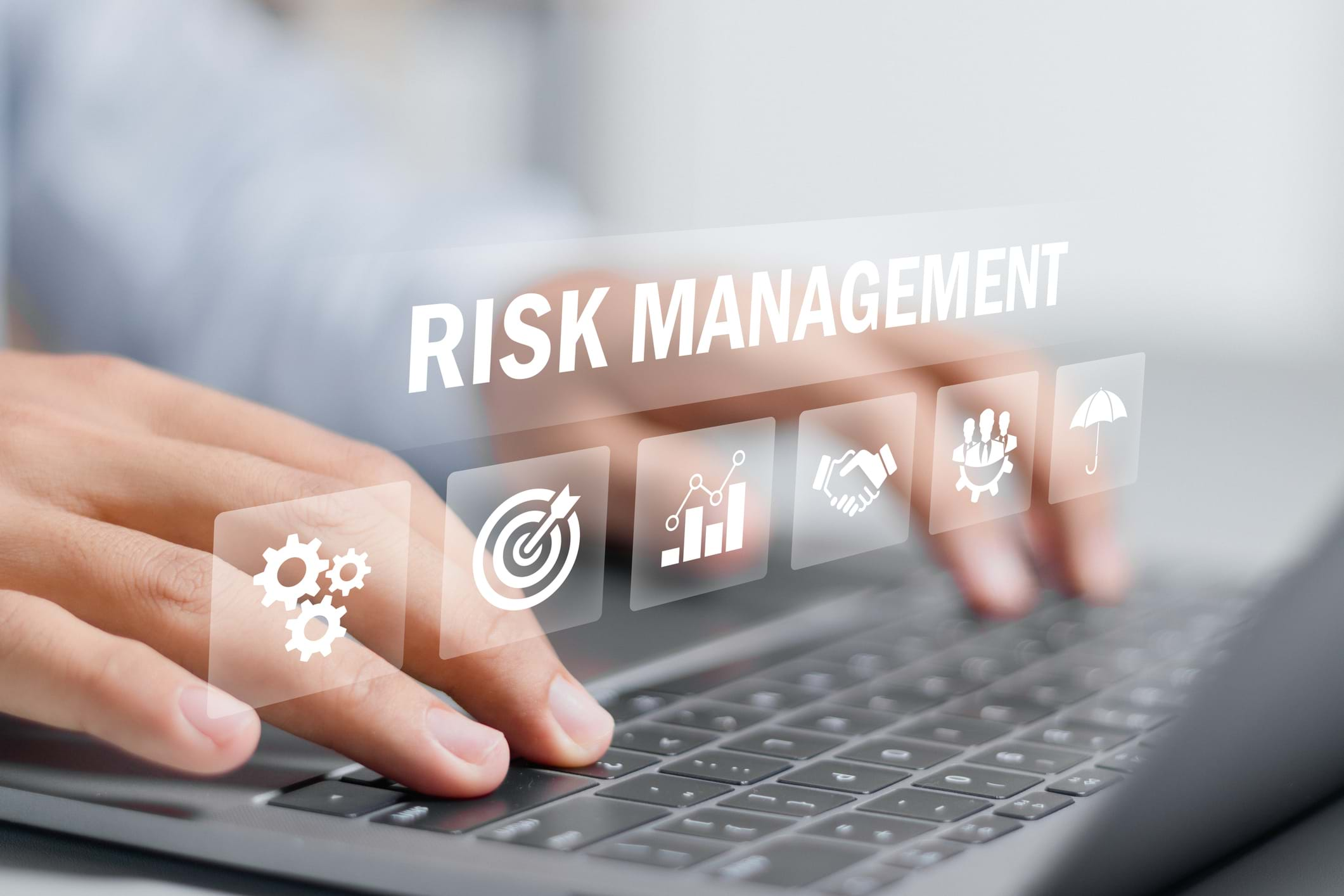The use of drones, also known as unmanned aerial systems (UAS) or unmanned aerial vehicles (UAV), is becoming increasingly popular in the construction industry as contractors see the value of this technology as an integral part of business operations. While drones in the construction industry offer many benefits, including monitoring real-time progress, surveying an area in 3D, performing job site and work safety inspections, and providing visual views that workers on the ground can’t venture to, there are legal and insurance issues that businesses should consider when operating this technology.
Drone Usage & Regulations
Drones are considered aircraft by the Federal Aviation Administration (FAA). Regulation on drones was proposed in 2015 and is expected to go into law in 2017. Among the many proposed regulations for non-recreational drones, some include the following: drones should weigh in at less than 55 pounds; all drones must only fly in daylight; drones should be limited to 500 feet in altitude and the speed should not exceed 100 mph; and the drone must fly within the operator’s site at all times.
Mitigating risk with drones
There are several liability concerns that arise from the use of drones in a construction site. Contractors need to think about the potential injury to people on the ground, property damage, damage to utility lines, and privacy concerns.
Drones are considered aircraft and therefore a standard commercial general liability policy (CGL) will exclude liability arising out of the contractor’s ownership and use of this technology. Before operating a drone, contractors should contact their carrier or broker to determine how to ensure that their liability arising out of the use of drones is covered.
Benefits of Drones in the Construction Industry
Because drones are small and agile with high-resolution cameras capable of viewing areas that are dangerous to access, the technology provides a safer means to observe certain jobsites.
Drones can also be more cost effective than having “boots on the ground.” Instead of hiring a helicopter to survey a site, in many cases a low-cost drone can provide real-time imaging that is just as effective.
When properly used in a construction site, drones can be an effective tool that contactors can use to capture real-time images, improve safety measures and cut overall costs of a project. However, it is important to consider the legal, regulatory and insurance issues associated with drone usage.

Philadelphia, PA, 19102







